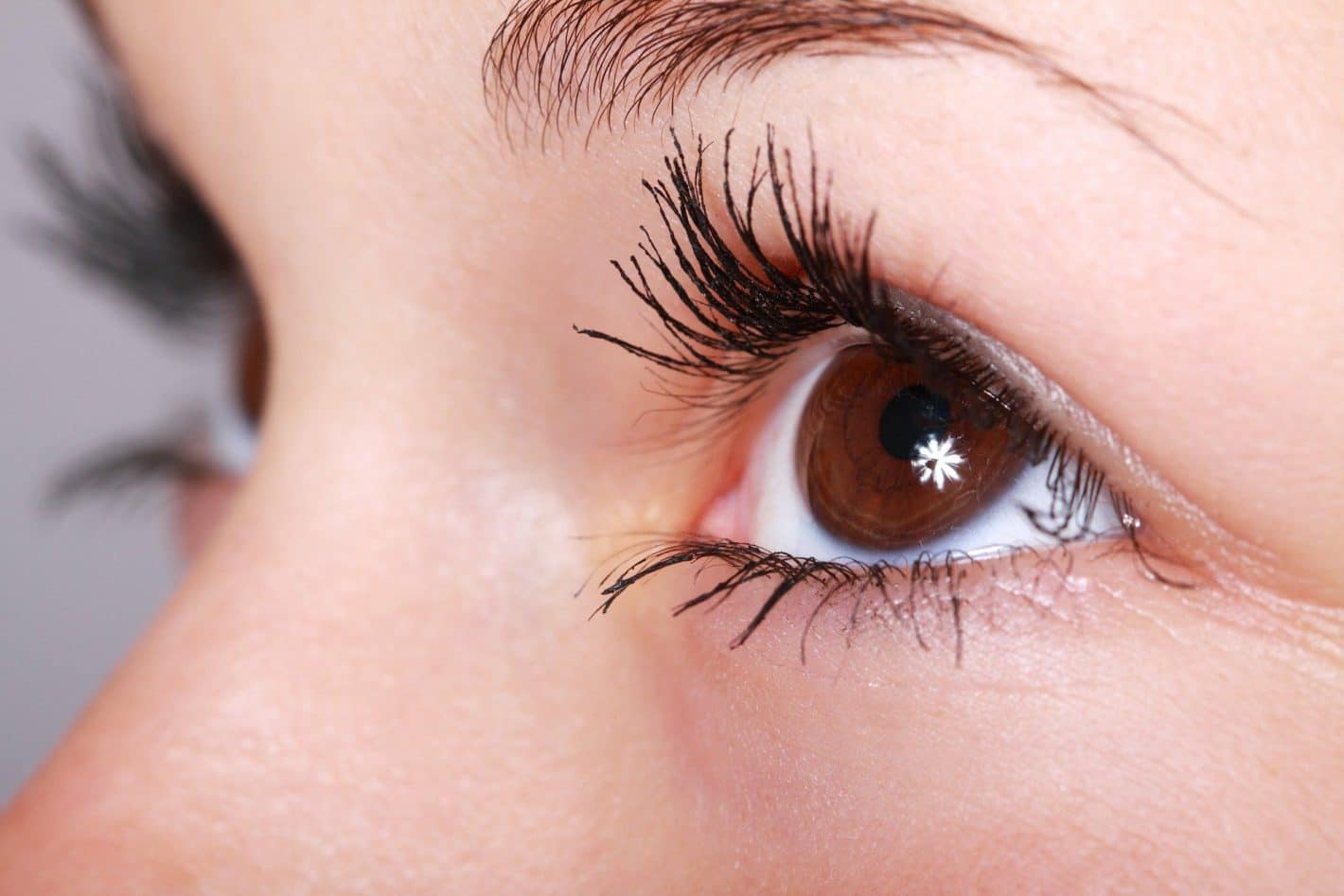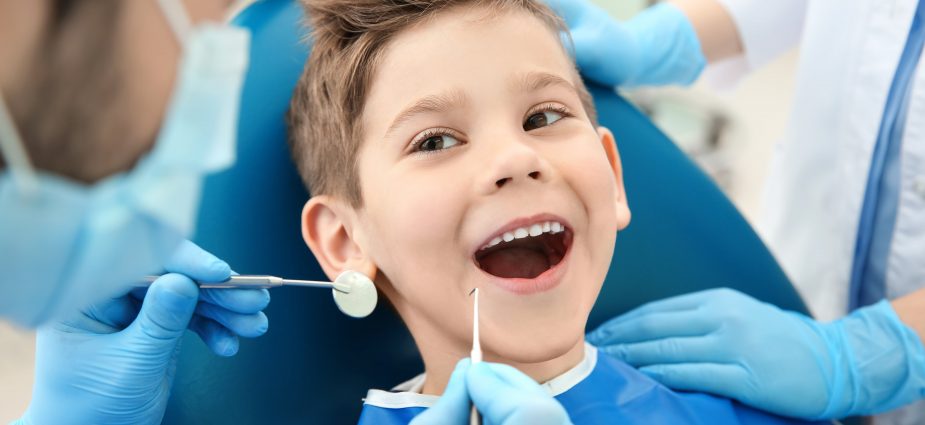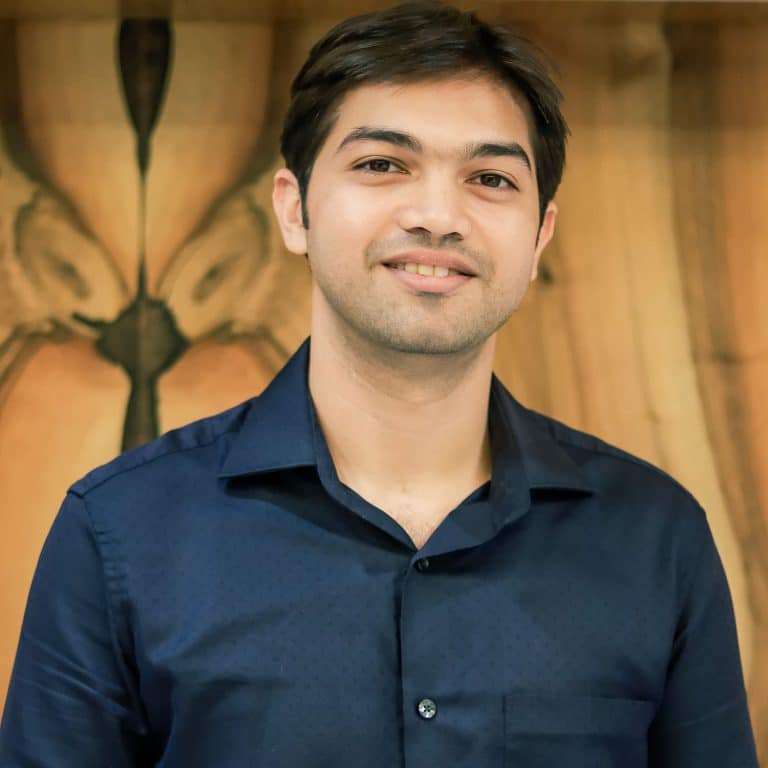- Home
- About Us
- Plastic & Cosmetic SurgeryPlastic ReconstructiveFace ContouringBreast SurgeryBody ReshapingRejuvenation
- Cosmetology & Dermatology
- Trichology
- Eye Surgery
- Oral & Maxillofacial Surgery
- Pediatric Preventive Dental Care
- International Patients
- Media and Awareness
- Testimonials
- Contact Us
- CALL US
- E-CONSULT
- Home
- About Us
- ServicesPlastic & Cosmetic SurgeryCosmetology, Dermatology & TrichologyEye SurgeryOral & Maxillofacial SurgeryPediatric DentistryPlastic ReconstructiveFace ContouringBreast SurgeryBody ReshapingRejuvenationCosmetology ProceduresDermatology TreatmentsOral & Maxillofacial servicesOral & Maxillofacial servicesOral & Maxillofacial servicesPediatric Dentistry ServicesPediatric Dentistry Services
- International Patients
- Media and Awareness
- Testimonials
- Contact Us
Tooth Extractions
A minor surgical procedure that involves wisdom tooth removal, fractured tooth removal, or infected tooth removal
- Home
- Oral and Maxillofacial Surgery
- Tooth Extraction
Remove Impacted/Fractured/Wisdom Teeth Safely.
Minor Procedure - Maximum Relief
- Home
- Oral and Maxillofacial Surgery
- Tooth Extraction
What Are Tooth Extractions?
Tooth Extraction is a surgical procedure performed by a qualified dental surgeon to remove a tooth from a patient’s mouth.
Most dentists do not suggest tooth extraction unless and until it is absolutely necessary and inevitable.
When Do Dentists Prescribe Tooth Extractions?
There are multiple reasons why tooth extraction may be prescribed:
- An overly decayed tooth
- A fractured tooth
- A tooth with advanced periodontal disease
- Mobile teeth
- Wisdom tooth causing pain/ cheek bite
- In preparation for making dentures
- For orthodontic treatment etc.
Tooth extraction is usually performed under local anaesthesia. But in certain cases, it can also be done under IV/gaseous sedation or general anaesthesia if required.
At Pandit Clinic, Pune we have the facility of performing the treatments under local/ sedation/ GA. our anesthesiologist is well experienced in delivering the anaesthesia for various dental treatments.
What Care Must Be Taken For Tooth Extractions?
Tooth extraction is a minor surgical procedure best performed by an Oral and maxillofacial Surgeon, a specialist trained in this field.
Tooth replacement options should always be planned before extracting a tooth.
- If planning for a dental implant, maximum care should be taken to preserve the adjacent alveolar bone and gums. This will help in easier surgery for a dental implant later or simultaneously with a tooth extraction. For this procedure, the tooth may have to be cut in pieces and removed one by one. Also, bone grafting/ socket preservation techniques can be used if needed for better implant placements.
- Orthodontic tooth extraction needs to be planned with the consultation of an orthodontist who suggests which teeth need removal. It is usually undertaken before starting the orthodontic treatment or in the early stages of orthodontic treatment. Care is taken to preserve the adjacent alveolar bone and teeth so that the remaining orthodontic treatment can be done smoothly without complications.
- In case of infected teeth, after the tooth is removed the surrounding bone and gums are cleaned to remove the infected tissues as much as possible. This reduces the chances of re-infection in that area and ensures uncomplicated wound healing.
Since a tooth extraction is a minor surgical procedure, it is advisable that you must reveal all your medical history before the procedure. Any previous treatments(dental/medical) must be mentioned to the surgeon. Also, your current medicines if any, drug allergies, food habits should be conveyed well in advance. This helps the surgeon to suggest any alternative treatments/ medicines which will help in a smooth recovery. The instructions given by the surgeon must be followed in the post-surgery period.
What To Expect Before A Tooth Extraction?
- The first step is a detailed discussion about your problem/ tooth pain with Dr Vikram Pandit.
- During this discussion present your medical history/any present medications/ drug allergy/ previous dental treatment to Dr Vikram Pandit.
- Dr. Vikram Pandit will first perform a thorough examination of your teeth, gums and jaw.
- Necessary radiographs will be taken to decide whether extraction is necessary and also to know the degree of difficulty of the procedure.
- If it is a wisdom tooth then a panoramic X-Ray (OPG) or more advanced radiographs such as CBCT may be required.
- Based on this exam he will decide whether tooth extraction is necessary. If he deems it necessary then the next steps will be followed.
- Also need for tooth replacement and its various options should be discussed with the Dr Vikram Pandit
What Are Partially Erupted Or Impacted Teeth/Wisdom Teeth?
Most of the times, once primary teeth fall off, permanent teeth erupt and take their place. Sometimes a tooth may not erupt completely, this is called a partially erupted tooth. There are also occasions where the tooth may be impacted in the jawbone. Such teeth are at a higher risk of developing infections, cystic lesion or even a tumor.
Third molars in the dentition are commonly called wisdom teeth. These teeth usually erupt during 18-24 years of age. There are a total of 4 wisdom teeth, one in each quadrant of your mouth.
During the eruption of these teeth, you may have symptoms of teething which include redness/swelling in your gums, pain in the jaw, peri-oral muscles, fever, headache/earache, etc.
Many of the times, these teeth do not erupt in proper alignment with the rest of the teeth due to insufficient space available. In these situations, such teeth may cause pain or discomfort during eating, speaking and other such common daily activities. If erupted in the cheek side, these teeth cause severe cheek bite which is extremely painful and may cause traumatic ulcers in your cheek mucosa. Similar ulcers will occur on the tongue if these are tilted towards the tongue.
In case of wisdom teeth, if these teeth do not erupt completely in the mouth, it is known as impacted wisdom teeth. Many times these teeth are tilted or horizontally placed. Since these teeth are difficult to reach and dentists have limited access to them as they are buried in the thick surrounding bone, a surgical extraction is necessary.
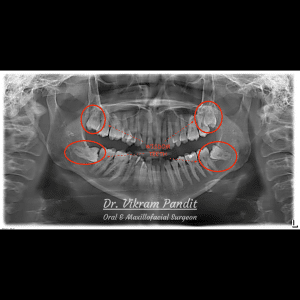
How Are Partially Erupted Or Impacted Teeth/Wisdom Teeth Extracted?
Removing partially erupted or impacted teeth needs a delicate and highly skilled set of hands. At Pandit Clinic, our Oral and Maxillofacial Surgeon Dr. Vikram Pandit is the perfect dentist to handle these cases.
Surgical extraction of the tooth involves:
- A part of the adjoining gums is separated from the tooth, and the tooth is then removed in pieces.
- It may also need a bit of adjoining bone removal, depending on the tooth position.
- After tooth removal, the gums are stitched back to the original position.
Impacted or partially erupted teeth are always at a higher risk of developing infections, cystic lesions or even a tumor. If these teeth are infected and not treated on time, the infection may spread to the deep tissues in and around your jawbones, which may require hospitalization and surgical intervention.
In some cases teeth other than wisdom teeth can also remain partially or completely unerupted and cause pain/discomfort. Removing of such teeth is necessary after consultation with the orthodontist. Dr Vikram Pandit uses piezoelectric surgical device for complicated wisdom teeth removal.
What Is The Use Of Piezoelectric Device?
A piezoelectric surgical device is a machine that is helpful in more complicated cases of wisdom teeth removal. Some of the wisdom teeth are buried deep into the jaw bone and are very close to the underlying nerve (inferior alveolar nerve).
Removing these teeth is sometimes extremely challenging and may lead to unwanted nerve damage. In such times a piezoelectric device is the best tool to make this procedure successful with minimal or no complications. This Latest and advanced tool can make this procedure very comforting and friendly to surrounding structures.
We at pandit clinic are equipped with the state of the art facility, and the latest machines which makes this procedure smooth and painless.
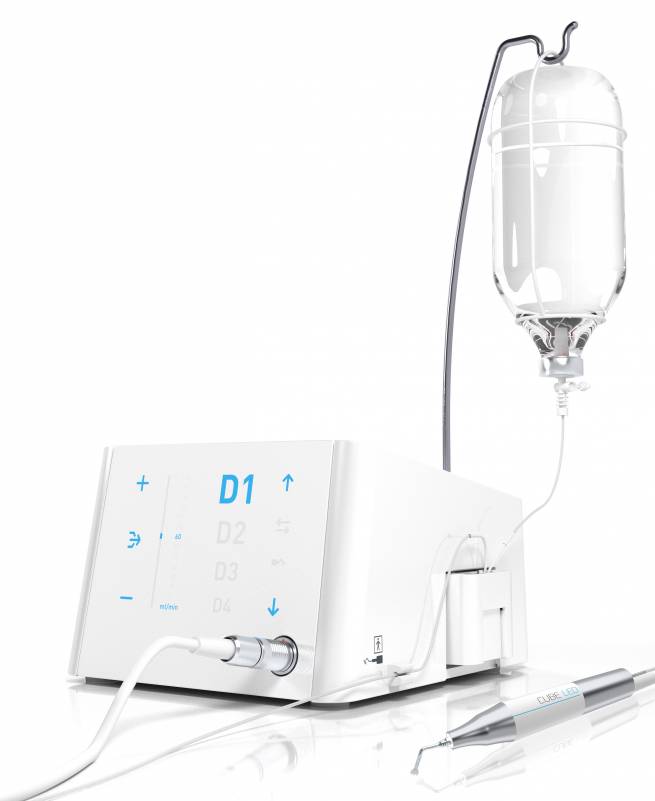
What Happens After The Tooth Extraction?
At Pandit Clinic, we generally prescribe antibiotics to manage the pain and to speed up the recovery process. Dr. Vikram Pandit may also give you a list of food items you may or may not eat depending on your oral health condition.
Generally, tooth removal resultts in swelling. Dr Vikram Pandit will advise you to apply ice packs in order to keep the swelling under control. It takes a day or two for the swelling subside. Also, you may be asked to consume lukewarm water at all times during your recovery.
Are Wisdom Tooth Extractions Painful?
All tooth extractions, including wisdom tooth extractions, impacted tooth extractions and even partially erupted tooth extractions are done under local anesthesia. Administration of local anesthesia ensures that the patient does not feel any pain and discomfort while the tooth is being extracted.
After the extraction, as the anesthesia slowly wears down, one can notice a bit of pain. However, this pain can be controlled with the help of anti-biotics and pain medications to have a comfortable recovery and healing process.
How Long Do You Stay Out Of Work After Tooth Extraction?
Wisdom tooth extractions, impacted tooth extractions and even partially erupted tooth extractions are minor proedures and require a day’s recovery time. Generally, patients can resume their routine work after a break of 1 to 3 days. The swelling subsides to a great extent by the 3rd day.
What To Avoid After Tooth Extractions?
There are certain restrictions that need to followed for a smooth recovery after a tooth extraction. Avoiding too hot foodstuffs or beverages, spicy food, hard foods, etc is necessary. Also, avoiding actions like sucking or sipping is necessary. Smoking or drinking alcohol must be avoided at all costs as it might negatively affets the recovery procedure.
How Soon Can You Eat After Tooth Extraction?
After the extraction of any tooth, generally the dentist will assess your condition and then advise when to eat. Within the first 24 hours, you will be advised to have smooth and soft foodstuffs like soft vegetables, purees, yoghurt, soft rice, ice cream ,etc. After that, patients may slowly transition into their daily diet.
Wisdom Tooth Extraction – Safety, Procedure, Recovery
Book Consultation
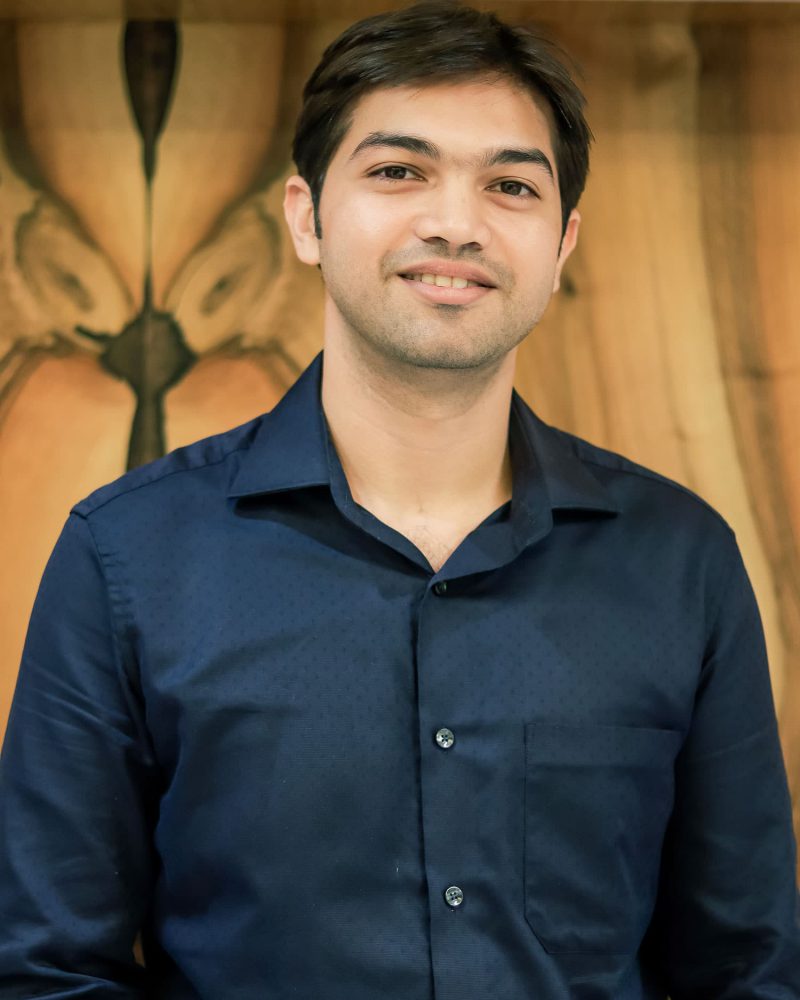
Consult Dr Vikram Pandit
Oral & Maxillofacial Surgeon
Book a consultation with Dr Vikram Pandit. At the consultation, Dr Vikram Pandit will:
- Dr. Vikram Pandit will first perform a thorough examination of your teeth, gums and jaw.
- Explain the problem to you.
- An X-Ray of your teeth will be taken if needed.
We recommend you openly discuss your concerns with Dr. Vikram.
During the consultation be prepared to discuss:
- Your medical conditions, drug allergies, and previous dental treatments.
- Current medications, vitamins, herbal supplements, if any.
- Likely outcomes, and any risks or potential complications.
Book Consultation

Consult Dr Vikram Pandit
Oral & Maxillofacial Surgeon
Book a consultation with Dr Vikram Pandit. At the consultation, Dr Vikram Pandit will:
- Dr. Vikram Pandit will first perform a thorough examination of your teeth, gums and jaw.
- Explain the problem to you.
- An X-Ray of your teeth will be taken if needed.
We recommend you openly discuss your concerns with Dr. Vikram.
During the consultation be prepared to discuss:
- Your medical conditions, drug allergies, and previous dental treatments.
- Current medications, vitamins, herbal supplements, if any.
- Likely outcomes, and any risks or potential complications.
Book appointment
Meet the Doctor
BDS, MDS Oral & Maxillofacial Surgeon
Dr. Vikram is a visiting consultant and consultant oral and maxillofacial surgeon at the top hospitals in Pune like Poona Hospital and Research Centre, Ratna Memorial Hospital, Pandit Clinic and KEM Hospital. Dr. Vikram has done clinical fellowship in craniofacial surgery with focus on surgery for cleft lip and cleft palate deformities, orthognathic surgery and surgery for sleep related disordered breathing (SRDB). He has trained for advanced management for Facial Trauma, from Taiwan. He has also attended various seminars and done workshops related to Oral and Maxillofacial Surgery. Dr. Vikram is also a co- author of a chapter for a textbook. He has been invited as a speaker for number of conferences in India as well as Internationally.
You Might Be Interested In
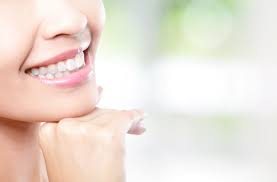
Corrective Jaw Surgery
Call us +91 88059 80048 Correction in jaw irregularities, and realignment of the jaws with teeth Home Oral and Maxillofacial Surgery Corrective Jaw Surgery RESHAPING

Sleep Apnea
Call us +91 88059 80048 Home Oral and Maxillofacial Surgery Sleep Apnea Sleep apnea is a serious medical condition where the patient’s breathing repeatedly stops
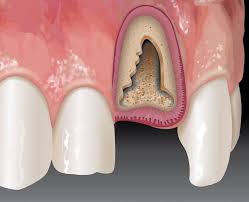
Alveolar Bone Grafting
Call us +91 88059 80048 Home Oral and Maxillofacial Surgery Alveolar Bone Grafting Alveolar bone grafting and orthodontic treatment for patients with cleft lip and




